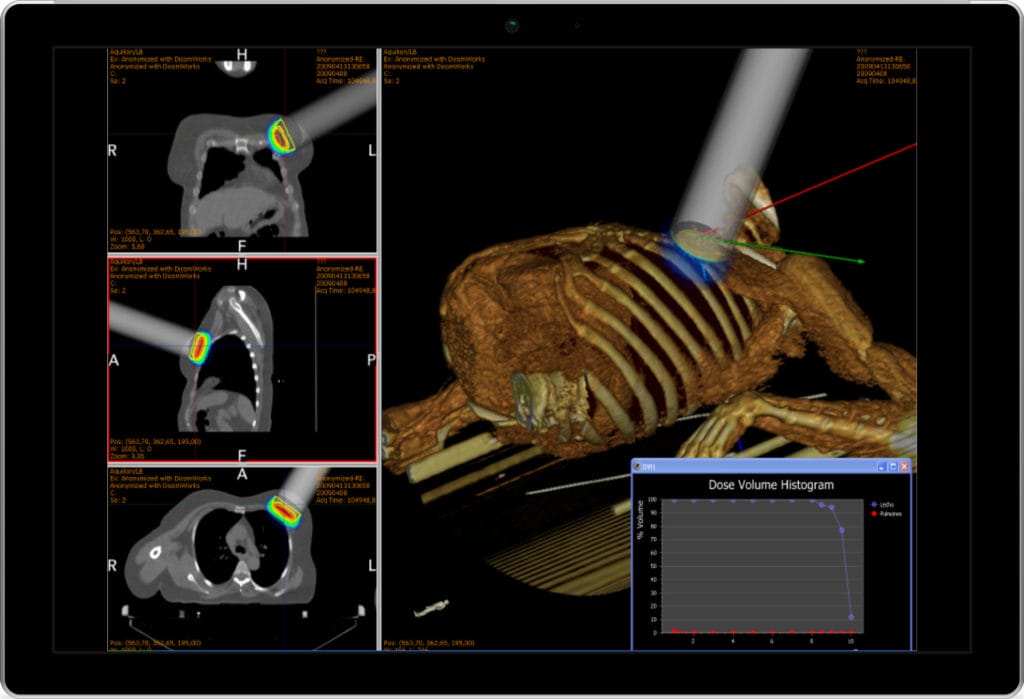Mobetron system to play an important role in new research focused on treatment of locally advanced gastric cancers.

IntraOp Medical Corp today announced it has been awarded a new contract to deliver the IntraOp® Mobetron® paired with Radiance 3D treatment planning to the Medical University of Lublin, Poland.
The Medical University of Lublin has a 70-year history as one of the top medical schools in Poland, ensuring high quality academic and clinical education including distinguished research programs in virtually every field of modern medicine including surgery, oncology, and molecular biology of gastrointestinal malignancies. For the Department of Surgical Oncology, it has a keen clinical interest in pursuing innovations in the treatment for advanced gastric, colorectal and pancreatic cancers.
As part of a new initiative to “Treat the Untreatable” diseases, IntraOp and clinicians at the University will collaborate on research pioneering the use of electron beam IORT in the treatment of locally advanced gastric cancers. According to the International Journal of Cancer, there are over 950,000 new incidences of gastric cancer and over 700,000 deaths caused by the disease globally every year. With a 5-year survival rate of 31%, the prognosis for patients inflicted with gastric cancer is dismal.
The Chair of the Department of Surgical Oncology, Professor Wojciech P. Polkowsiki, believes that, for stage III gastric cancer, surgery combined with IORT along with perioperative systemic therapy may prove an opportunity to improve survival in these patients.
“We are delighted to be adding the Mobetron with 3D treatment planning to our institution,” said Prof. Polkowski. “With promising evidence demonstrating that IORT improves local control and survival in the treatment of advanced rectal and pancreatic cancers, we look forward to applying similar strategies towards gastric cancer where, in Poland and eastern Europe, incident rates for this disease are quite high.”
“More and more, we are seeing leading cancer institutions utilizing Mobetron to treat difficult and aggressive cancers by applying an ablative dose of electron therapy directly to the tumor bed during surgery; and, with 3D treatment planning, they’ll be able to do so more accurately and precisely than ever before,” said IntraOp Vice President of Global Sales, Derek DeScioli.
“We look forward to working with Prof. Polkowski and other thought leaders around the world to research ways in which our technology can help advance the science in the fight against gastric cancer,” DeScioli added.